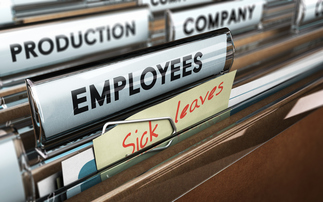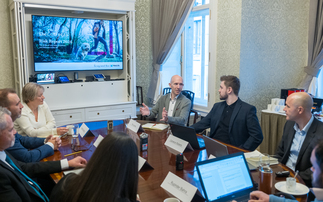Why should advisers work more closely with insurers? Roy McLoughlin puts his case forward after joining British Friendly as a non-exec director.
As a long-time advocate of Income Protection, it was a pleasure to accept the position of non-executive director with British Friendly Society earlier this month.
For those who are wondering, advisers who take up board roles can no longer recommend the products of those companies so there is no conflict of interests. However, this is more than compensated by the opportunity to bring the voice of the client to the insurer table.
What surprises me is that more advisers are not in non-executive roles within insurance firms as it is fairly common in other professions.
I firmly believe that distributors and manufacturers should be singing from same ‘hymn sheet' as much as possible and commend any insurers and life companies who work closely with advisers to improve their understanding of the market.
RDR and auto enrolment are two areas which have brought new challenges for everyone within the protection sector and how insurers, who rarely, if ever meet actual clients, can understand what these are and how to tackle them needs high level input from the people who speak to clients day in day out - people like you and I.
These are not the only issues that confront us. Welfare reform, D2C offerings and new technology are set to change the face of protection advice further and insurers and advisers need to work together more closely to make sure we can give consumers the right service and a proposition that works for them.
There are many forums that offer the chance for dialogue but being able to sit at the heart of the decision making process within an insurer is invaluable for both parties.
I believe the industry has already started to think along these lines. The Seven Families campaign to promote Income Protection to the public, using an innovate funding and PR format, has so far brought together 17 insurers with advisers, trade bodies, thought leaders and a national charity with the common aim of helping people who have lost their income through illness to illustrate why the product is so important.
This is a good example of manufacturers and distributors working together for the good of the industry but we need more advisers to be able to have influence in this way.
So the message advisers might take away from this that the more we are involved directly with insurers, the more the voice of the consumer will be heard at the place where products are designed and claims are paid. And that has to be good news for both advisers and their clients.











